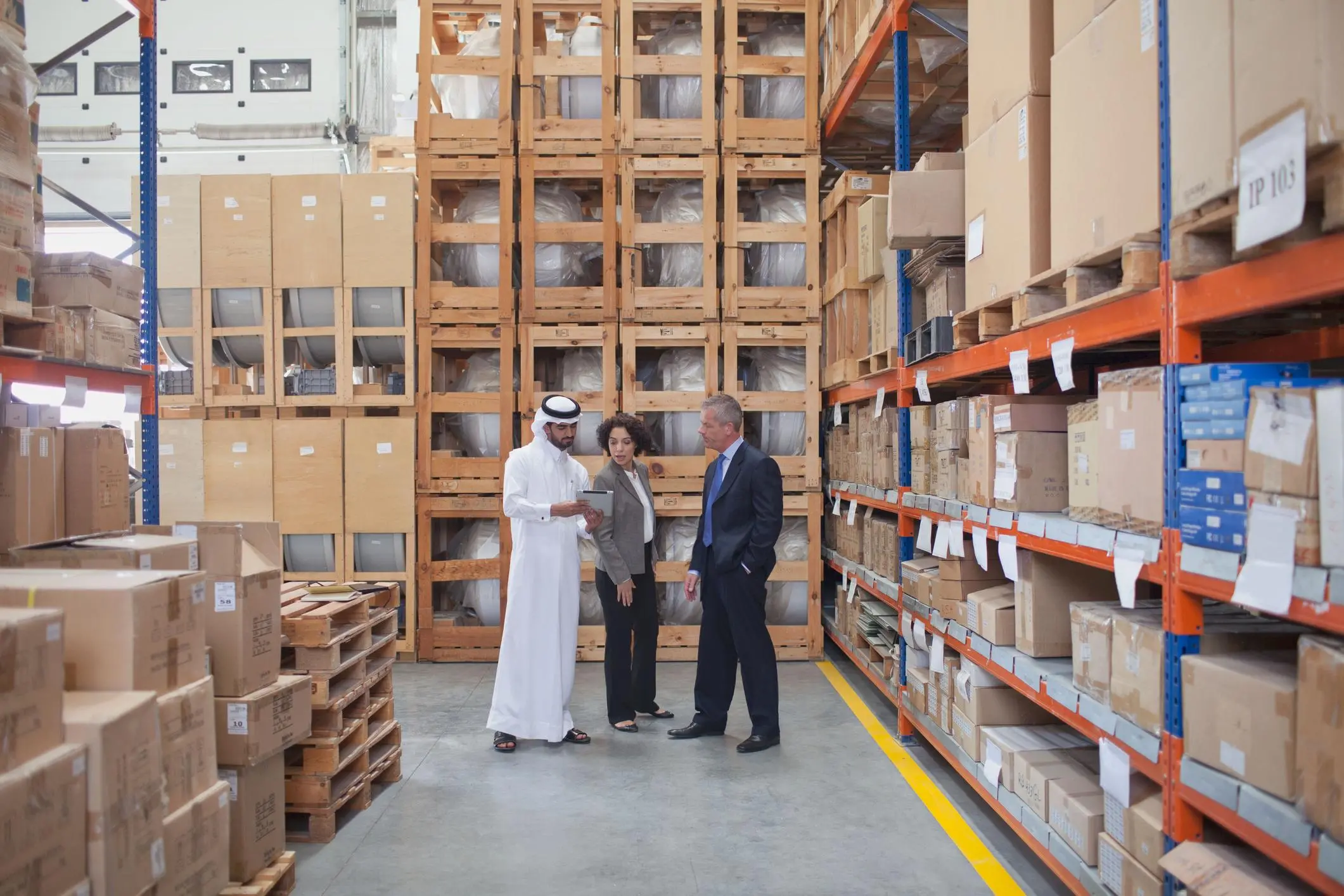PHOTO
The market for investment-grade warehouse space in Dubai remains underserved, with both investors and tenants finding it difficult to secure suitable space, according to a new report.
Property consultancy Cavendish Maxwell's Dubai Industrial and Logistics Market report stated that there were new sources of both public and private funders coming into the market, including high-net worth individuals, that require "investment-grade properties with long-term income", and that such assets are hard to find.
Its report said that tenant demand from companies stocking fast-moving consumer goods was for more modern, European specification warehouses built specifically for distributors, but that this remains largely unfulfilled.
Yet even with willing buyers and tenants for such space, it is not easy to build such facilities, Cavendish Maxwell's head of investment and commercial agency, Andrew Love, explained to Zawya in an emailed response to questions on the report.
"Land scarcity is an issue, particularly outside the free zone(s)," Love said. "Where land is available, the price of it means it is not financially feasible for a developer/investor to proceed," he added.
Moreover, restrictions by master authorities in charge of certain districts over subleases and lease periods means that "deals do not add up financially”, Love said.
Cavendish Maxwell's report, which was issued on Monday, said the market for leasing industrial property remained "difficult and competitive" in 2017, with vacancy rates rising in a number of free zones as companies sought cheaper space. However, enquiry levels for warehouse space picked up as the year progressed and "rallied strongly" in the final quarter.
Love said that the take-up of space last year was about 25 percent lower than in the market's last strong year in 2015, but was slightly better than 2016.
For 2018, he said that he expects "prices and rents to remain lower than 2015 levels, however, overall take-up will possibly exceed 2015, especially outside the free zones," he said.
"We expect take-up could be as much as 2-2.5m sq ft (leasable), with a third of this coming from or being driven by the e-retail and e-commerce sectors."
Yields for prime industrial units currently stand at 8.5 percent, which may be high compared to Europe, but Love said these were "low by historical standards" in Dubai. He said yields were likely to remain low because of the high demand for prime space and the lack of supply - both of which are likely to underpin sale prices.
"If interest rates rise and the cost of borrowing becomes more expensive, then typically we would then see yields increase," Love said.
The average asking price for warehouse properties was highest in Al Quoz, at 391.5 UAE dirhams ($106.60) per square foot (sq ft) to buy and 35 dirhams per sq ft to rent. Dubai Investments Park was the second-most expensive, at 359.50 dirhams per sq ft to buy and 33 dirhams. Jebel Ali Free Zone was the third-most expensive in which to buy property - at 248.50 dirhams per sq ft.
A report published by Core Savills last month giving its Dubai investment outlook for 2018 argued that the industrial market was likely to see "further segmentation between higher and lower performing assets", leading to a two-tier market.
"This is expected to eventually push operators/landlords to revamp existing stock, thus elevating the overall quality of supply on offer," it said.
(Reporting by Michael Fahy; Editing by Shane McGinley)
(michael.fahy@thomsonreuters.com)
Our Standards: The Thomson Reuters Trust Principles
Disclaimer: This article is provided for informational purposes only. The content does not provide tax, legal or investment advice or opinion regarding the suitability, value or profitability of any particular security, portfolio or investment strategy. Read our full disclaimer policy here.
© ZAWYA 2018




















